|
The challenge? Presenting a narrative in 15 seconds to one minute.
TikTok is not known for storytelling in the traditional sense. It's a video medium and most often performance based. I wondered what happens to a narrative when it is distilled into small, palatable bites? Would the medium allow me to preserve the integrity of the story in any way? Here are a couple of attempts at sharing my writing on TikTok.
0 Comments
Two years ago I had an epiphany about my mother. Throughout our relationship she suffered serious mental illness. Her problems took many forms: narcissism, lack of inhibition, lack of impulse control, psychosis, depression. There was never one label that “fit” my mother. She left the many psychiatrists and psychiatric hospitals with a variety of diagnoses: depression, paranoid schizophrenia, manic-depression, schizophrenia. Her family’s explanation was “She’s just Bunny being Bunny.” The epiphany I had was: maybe the brain surgery mother had in 1970 was psychosurgery (similar to a lobotomy). It was like a voice coming forward from a vast history of silence. I had grown up knowing my mother underwent brain surgery in 1970 just a few weeks after my brother was born. Her version was that she’d suffered a stroke and almost died. My mother was the only one who ever spoke of it. That also seemed a little weird to me. I had an intuition that my mother’s version was fiction. Maybe my mother had a lobotomy. I told my sister and brother and last spring I started researching lobotomies in Massachusetts in 1970. I found some interesting information that strongly supported my hypothesis about my mother. The biggest clue was how my mother always told us that during the surgery they had drilled two holes in her skull to release the pressure. She had often pointed to the location of the holes and we had all felt the soft indentations on the back, top part of her skull. We felt the soft skin and could easily feel the permitter of two perfectly round holes. The location of the holes drilled into my mother’s skull were in the same proximity as x-rays I found of psychosurgery being conducted in Massachusetts in the 1970s. This resurgence of brain surgery in the 1970s for emotional and psychiatric problems is a little talked about, nefarious era in psychiatric practices. Like the predecessor frontal lobotomy, psychosurgy in the 1970s exploited the most vulnerable populations of individuals with and without mental illness: minorities, women, the institutionalized, children, and individuals with disabilities. These psychosurgeries differed from the older lobotomies in a number of ways. There was less impact on personality. Instead of targeting the frontal lobe of the brain, 1970s psychosurgeries targeted parts of the brain’s emotional center, the limbic system. As you can see in the x-ray above, small wires were inserted into holes in the skull and through “x-ray” mapping and stereotactic surgery (see images below), a wire was inserted and specific limbic structures were cauterized (i.e., burned with wires or sometimes hot wax). The following images were taken directly from “Violence and the Brain” by Vernon Mark and Frank Ervin (two major figures in the 1970s psychosurgery movement). As I continued to research psychosurgery, it became more plausible that my mother did–in fact– undergo one of the psychosurgery procedures in August of 1970. I found out that Massachusetts was the epicenter of psychosurgery at the time. In fact Harvard and Massachusetts General Hospital received a large NIH grant to study “aggressive behavior,” brain disease, and research the effectiveness of psychosurgery as treatment. Two prominent Harvard doctors, Mark Vernon and William Sweet proposed screening African American males in response to the race riots taking place during the time. Their racism was met with a strong and swift response from activist both within the African American community and other human rights organizations. However, psychosurgery was on the rise in the early 1970s. One doctor –Peter Breggins, also from Harvard– began a crusade against psychosurgery. As a result the Harvard NIH grant was withdrawn and regulations were established to protect patients and insure informed consent. These changes were not in place until after 1975, five years after my mother underwent surgery. As far as my mother’s case, by late summer this past year I’d found a strong body of evidence to support that my mother had undergone one of these psychosurgeries. Not only was the hospital where my mother’s surgery performed less than an hour away from Boston, but my mother had been receiving psychiatric care by a psychiatrist who had studied in Boston and completed his residency at a state hospital where psychosurgeries were being conducted. I believe my mother had been under his care prior to the surgery and continued under his care immediately following the surgery and for many years there after. Immediately following the surgery my mother suffered from agoraphobia and severe anxiety and was put on anti-psychotic medication (prolyxin) and tranquilizers (valium). I have vivid memories of my mother after the surgery. While I was only five years old at the time, the change in my mother must have been startling and dramatic to me. Her head was shaved and she was unpredictable. Her eyes had a dark, evil look and she became manipulative and mean. My memories are hazy before that time but I remember the shock at terror over how my mother had changed. Concurrent with my research about psychosurgery in Massachusetts in the 1970s, I also conducted interviews with my sister, brother, and our kids in order to get a sense of everyone’s memories of my mother and thoughts on what may have happened to her. I also went through old photographs and letters (the few I had left–my mother and I had been estranged for over 20 years). I knew that at some point I would have to talk with family members who knew mom before and after the surgery. When my mother underwent brain surgery all of her relatives from Georgia (her sister, brothers, and mother) all traveled to Massachusetts to be with her. My mother’s brain surgery was a serious event. My mother always said she’d gone into a coma, was close to death, and then came back to life. So, these maternal relatives all have some information about the event. There are several surviving relatives who likely have information about my mother before and after 1970. The rest of the family, including both my parents, have passed away. Ironically, several years prior to her death my mother had begun researching her brain surgery. She had ordered her medical records and was trying to find someone who could decipher them and tell her what happened. Sadly, at that time no one really took it seriously. It seemed like another one of my mother’s crazy stunts or schemes. The records have since been lost and are no longer on record at the hospital. In my mind, my mother was a very different person after the surgery but she did have mental health problems before the surgery. I know she suffered from postpartum depression and psychosis. I figured she probably had an episode after my brother and the decision to do the surgery came after that. I’d also grown up knowing my mother had been in a car accident in 1957 and was unable to finish high school because she’d needed wrist surgery. I wondered if maybe she had a brain injury and that had something to do with her underlying mental illness. I decided to contact some of mom’s relatives. People I hadn’t spoken to in decades. I was afraid to contact these relatives because I had been estranged from them for over 30 years. It wasn’t so much that I feared this side of the family–they were all very kind to me growing up– I was afraid to open any door to my mother’s life. She had abused me and her family loved her, knew a different person. About a month ago I called a cousin of mine who grew up with my mother in Swainsboro, GA and lived near my mother for the last 20 years of her life (my mom died in 2008). After my parents divorced in the 1980s my mother moved from Massachusetts back to Georgia. At the time of the call, I hadn’t spoken or seen this cousin in over 25 years. The call and information my cousin shared opened a whole new understanding of my mother’s mental illness. Three things stood out from our call. The last likely –at least in part– explained my mother’s underlying mental health problems. Or more accurately her personality disorder. The first piece of information my cousin shared was that my mother had been in the army in her late teens. This was completely new information. I can’t picture my mother with her lack of impulse control doing very well in the strict rule-governed U.S. military. Why had no one mentioned this to us kids? The second insight came from my cousin’s response to a bit of information about my mother that I knew: my mother had lived in Texarkana sometime before she met my dad. She married my dad at 21 so if you count her time in the army and her time in Texarkana she would likely have been pretty young when she left home. I asked my cousin about my mother moving to Texarkana. “Well that isn’t so unusual, a lot of teenage girls did at the time.” Hmmm. Her apprehension made me wonder if I have a long-lost sibling somewhere. The third and final piece of news answered at least some of my questions about my mother’s mental state and it started a new line of inquiry. My cousin told me about something that happened to my mother when mom was a young teenager, probably around 1956 (my mom would have been 15). It went like this. I asked my cousin, “What was mom like before the surgery?” “Bunny was Bunny. You know she is just who she is. She would get an idea in her mind and she would argue the point and not let go.” “So there was no difference after the surgery?” “Not that I knew of. Of course I was graduating high school at the time. I was young and caught up in that.” “What was she like as a teenager?” “Well you know Bunny. She’d get something in her mind and wouldn’t let it go. I remember her telling daddy that when she turned 16 she was moving out. On her sixteenth birthday daddy knocked on her door and told her ‘well, you’re sixteen. I suggest you pack your bags.’ Your momma packed up a suitcase and walked over to her aunt’s house. She stayed there about three days and then came on back home. You know how she was. Stubborn. Won’t let anything go. She was just larger than life.” Then, my cousin then told me something I’d never heard before. “When your momma was a young teenager she was out sitting on the hood of a car with a bunch of kids, just hanging around the way teenagers do. She was sitting on the hood of the car and someone backed the car out. Bunny fell off of the hood of the car and hit her head. She was unconscious for 3 hours and when she woke, momma [my cousin’s mother, Betty] told me that m Bunny was just never the same after that.” I’d never heard this story before. So, my mother had at least two brain injuries. The fall off the hood of the car and the brain surgery in 1970. It seems likely that while I wanted to believe my mother’s mental illness was caused by her brain surgery, more likely I lost my mother long before I was born. Now I want to know who she was and what her personality change was like. I know very little about traumatic brain injury but I think it might explain some of her underlying issues with impulse control and lack of inhibition. Not very good qualities for a 1970s wife and mother suffering from postpartum depression. This November I am going to visit my remaining family –including my mother’s sister, Betty. I’m going to my mother’s home town of Swainsboro, Georgia and interview anyone who knew my mother in high school. I will go through old newspaper archives at the Swainsboro Blade looking for family information. I will visit places she lived. I will try to immerse myself in my mother’s life as it was in the 1950s before and after her head injury. I don’t know what –if anything– I’ll find out. It seems my journey is taking a slight turn, maybe the search is already over. My mother most likely had undergone psychosurgery in 1970 but that’s not the whole story of her mental illness. Now there is more to uncover. My brother is joining me and my nephew is going to film the interviews and investigation on an old video recorder. Here is a clip from an old Super8 of a family visit to Georgia a year before my mother’s surgery. Related Content: What Remains Inside, Memoir In 1981 I was fifteen years old. My mother was having a psychotic breakdown. Over the course of that year, her fixations on me intensified. At first she said I 'was' her. She tried to convince me I would be the next victim in a string of imagined crimes. Most days, she'd describe the murder scene; how I would be killed. I'd listen to her with rapt attention, fearing that what she was saying might be true. I'd watch her eyes examine me and I never really knew if she believed the things she told me or if she just enjoyed watching fear consume me. I'd leave my house at night, my emotions in shreds, the fear and paranoia having settled in every muscle in my body. My heart raced and my brain remained constantly vigilant. In the midst of my trauma, I found another place. Drugs. Alcohol. Boys. I'd guzzle cheap wine and wait impatiently for it to dull my senses and grant me power. Sometimes I'd take LSD or get so high that I didn't remember blocks of time. I'd sit with my best friends on the hood of our car smoking cigarettes, our feet in high-heeled Candie's sandals swinging to the beat of another car's radio blaring Led Zeppelin somewhere in the nearby darkness. When the crowd began to disperse, I'd find one of the handsome boys, make out and bask in the kind of attention I never tired of. I'd extend the nights for as long as I could, the fear of my mother a constant flicker just beneath my consciousness. My Journey to Audio Storytelling and the Potential to Shed Light on Experiences of Oppression7/7/2021 The Diarist (as most of my writing) uses expected tropes in the same way that virus technology programs a benign cell to carry a deadly disease. I intentionally embed these themes of oppression in familiar, palatable tropes: romance novels, stylized 1950s story worlds, and relationships that looks so much like intimacy that you “feel” love you should not feel. At least, that’s what I try to do.Years ago during an acting class rehearsal I stood on an empty stage and looked out at an empty black box theater space. The tech folks were adjusting lighting and no one was really concerned with actors mulling about waiting for rehearsal. I was experiencing a quiet and intense epiphany. Theater as political action. This -of course-is not a new concept but to me, a survivor of trauma including sexual assault by a stranger, I realized that if you can write well enough to “suture” your audience into the story, relate to the characters, and experience the events with empathy and compassion then maybe people will understand. Yes, this is hijacking our emotions, “catharsis.” Again, nothing new here, but new to me.
You see I have always-desperately- wanted people to understand the truth. I have always been spell-bound (in a bad way) by the cognitive dissonance associated with being a victim/survivor of child abuse and later violent sexual assault. One problem was -obviously- that some bad people did cruel things to me. Believe it or not, that wasn’t the most traumatic or damaging aspect of my traumatic experiences. The worst part was a silent world of witnesses. I have always been someone who either didn’t get social cues so well and missed the taboo topics in my dysfunctional family. I’ve also been someone thanks to ADHD that cannot suppress my thoughts and feelings. Finally, I’m -by nature- gullible and that made me prey to all sorts of gaslighting. These qualities or defenses also gave me a “Casandra Complex,” spilling oceans of truth to a world that reacted by blaming me and calling me crazy. So there I was, looking out into the empty theater and was struck with the powerful desire to become a playwright. This was no easy goal. At that time I’d only written short stories and those were still in the painful early beginning of the learning curve. I was not always a strong writer. In fact, due to dyslexia and ADHD (I’d find out at 50), reading did not come easy to me. For some reason -ironically- writing was always a psychological, spiritual, and emotional mandate. I started writing at 13, first diaries scribbled on loose leaf paper in red or blue pen, things like “why does mom have to get drunk all the time,” and “maybe I should become a slut.” I remember these two entries in particular, the first an obvious reaction to a painful home life. The latter, the desire to become promiscuous, likely some distortion of my emerging puberty and the effects of sexual abuse. I’d crawl under my 1970s, Sears, maple canopy bed and I’d write my secret desires and thoughts. With no boundaries and the risk of the worst kind of exposure, I’d fold the papers and tuck them deep inside the box spring through a small opening I’d made by ripping the fabric on the bottom. There they stayed. Years passed. I moved out. I didn’t retrieve the pages. I don’t know where they went. As the years passed I started writing fiction and my stories came as if channeled from some remote region of the collective unconscious. The point of view was always a woman, often in some dysfunctional entanglement with a man or with a family. Two Cent Return (the story of an orphan girl who runs away to find a ‘tramp’ living on the train tracks, she found an unlikely father and together they collect bottles and return them for the 2 cents. Unfortunately, a social worker finds out the abused child is living with a railroad tramp and removes her from the only family she’s ever known). Shamrock (the story of a girl who’s mother is mentally ill and the girl watches the mother out in a field of daisies and realizes she can never truly know or understand this person who was supposed to love and care for her but never could). Mr. Buckley Hasn’t Gone Mad (a middle aged man makes the two hour trip once a week to visit his mother who’d abused him all his life. He feels trapped but cannot get out of the relationship. When she pours him a glass of milk, he knows she may have drugged or poisoned it. He stares at the milk through the whole visit while his mother prods him to drink it. Finally, the milk is warm and Buckley drinks it and heads home). These are the earliest stories I remember writing. I have no idea what happened to these either. I am guessing I left them in the trunk of a 1970 Dodge Dart I abandoned when I bought a one way plane ticket and moved from Massachusetts to San Francisco at 23 in 1988. I eventually moved on to long-fiction then play writing. Both pursuits were long, painful, and humbling. I wrote and re-wrote and re-worked, trying to figure out how in the hell to do it. I shared my work with friends or other writers who looked at me quizzically; could they have been any more disorganized or lacking basic elements of effective story telling. I had characters. Often I had plots, but technical skills, I lacked. I wrote novels and plays on thousands of pages of paper. I read book after book on “how to” write. Then, one day I was driving along the coast of northern California and I was in that absent, good-dissociative state. I realized I was thinking of a plot of a play. This play would come to be “Love is Enough.” In this story, a 1960s housewife, living with an abusive husband, dreams of becoming a Harlequin Romance Novelist. When her best friend tells her of a contest, she gets to writing. In the process she inadvertently brings to life and falls in love with a character (Marcos Van Der Burn) from her book “Love Is Enough.” (Love is enough to make this love affair real). As the story progresses, her husband Mike grows more and more furious and controlling. He doesn’t like Gladys’ new self confidence, one which allows her to “find herself.” Gladys is faced with a choice, but it it between Marcos and Mike or is it between oppression and interdependence. Let’s fast forward ten years. In almost the same way that Love Is Enough came to me in a lightening bolt moment of inspiration, my series of novels that follows the trajectory after a 1940s widow’s trauma at the hands of an obsessive and violent lover. Constrained by a society where her rights are less than the man who raped and caused her so much harm, the protagonist Eve can never really disentangle herself from Jeff. Instead, she bonds with the abuser, and lives a life (spanning 1940s-1970s) around and along side a relationship that is both ecstatically passionate and crushingly violent. This series of five books have been read over 100,000 times on wattpad, a platform I’ve used for my unedited first draft stories. By the fourth book, readers forgot the physical and sexual violence perpetrated by Jeff. Instead, many readers started rooting for the “love affair” commenting that “they’ve been through so much together” and “they really do love each other.” As the writer, I had an epiphany, if I can get readers to see an abusive marriage as a love affair, then I’ve been successful. Why? Because I know from personal experience that many of us do confuse trauma bonding with love. I know from experience that nothing is one dimensional, and while it would be neat and easy to digest if people could be reduced to good or bad; but, we know that is not the case. We distance ourselves from the truth of trauma, racism, misogyny, homophobia, violence (these days from sedition and police brutality). We “Casandra-ize” the victims by ignoring the truth or reducing it to sterile political rhetoric. We must feel the truth, we cannot describe it. Now, my journey as a writer has taken me to adapting these stories to audio fiction. My first show, The Diarist, adds a twist to the Mad Men genre, placing an ambitious 1950s secretary in the orbit of a psychopathic executive. Andrea Davies enters the misogynistic 1950s workplace with the belief that she can pursue a career in advertising if she works her way up. Along the way she catches the eye of one of the partners at Roth, Hayes, and Johnson and not too long after he seduces her and as she becomes entangled with his life she meets and befriends his “lunatic” wife. Andrea cannot see that Richard will draw her into the same fate as his first wife. That through the vehicle of the fairy tale love trope, he will systematically take her power and offer only a gender role that is growing increasingly obsolete in the 1950s zeitgeist. Richard is afraid-as men were-that they were losing their dominance. Yet, the gaslighting reality becomes another malevolent force, one that is far more destructive than the abuser himself. The women at the firm turn on Andrea. Her mother turns on her. Richard begins to exploit Andrea’s growing desperation and convinces her of her inadequacies and even toys with the idea that she is insane (like his first wife who has by the end of the season taken her own life, making room for her replacement). The Diarist (as most of my writing) uses expected tropes in the same way virus technology programs a benign cell to carry a deadly disease. I intentionally embed these themes of oppression in familiar, palatable tropes: romance novels, stylized 1950s story worlds, and intimacy that looks so much like intimacy that you “feel” love you should not feel. At least, that’s what I try to do. As I explore audio drama as a medium for story telling, I am delighted by the opportunities to harness cultural anchors to reinforce the experience of the female characters. Tropes were more salient and less apologetic during the early 20th century in America. Rules were different and consequences far more grotesque, unjust, and existential. In my new audio drama “Exuberance Is Beauty” I’ve attempted to apply long-form storytelling (novel) to the audio drama format. I see this experiment as a literary podcast so listeners are immersed into the world of the story through dialogue and sound-scape, but the narrative stretches across a season as you would experience in a novel. The narrative arch starts out a little slow, allowing for exposition and getting comfortable in the world of the characters and story. Yet, there is escalating tension and finally a climax that has been built in much the same way as a traditional novel. Admittedly, I don’t know if this experiment in literary storytelling will work for the fiction podcasting platform. It’s not an audiobook. It’s not a serialized story. It’s a scripted long narrative. Listeners will need patience (and interest) to get deep into the world of the story as foreshadowing, exposition, character, setting, do their alchemical work to “suture” the listener in. This is akin to a television mini-series drama. I am happily grappling with the challenge. I am excited by the potential to elegantly weave social, feminist themes into a compelling listening experience. Exuberance Is Beauty Literary Fiction Podcast The Diarist Fiction Podcast youtu.be/E0sha1XfHxw
Fleetwood Mac "Hold Me" released 1982 I do t know if it’s optimism or cynicism but I hear these old songs and a wave of relief washes over me, rushing in with the kind of centering that happens after a trauma averted. But it’s not a trauma, it’s the sum of my choices. This song in particular (and be it said that my lens has always been sharply focused around the fate of romantic love that deceptive sensory mystery) and this particular song is a reference back to this kid, the brother a terrible horrible teenage misogynist (that I happened to think I was in love with - no that minimizes it too much reduces it). I’m my 16 year old mind / heart/ body he was an apostle of Aphrodite - he was my one true love and just because it looked like the back seat of a car , super drunk, after no one else was left - to me. This guys brother was going to be my husband. I Hear a Symphony pealed as I walked down the aisle. This song -Hold Me- doesn’t remind me of the boy I was infatuated with. It reminds me of his brother. It reminds me of feeling bad for the younger- looking version of my soul mate. The pangs of regret are because he actually liked me. He'd spent so much time convincing me that his older sibling was cruel to me. I felt bad because part of our bond was hearing the mention of his brothers name; it was talking about him without the judgement of my friends who were sick of my obsession. So I dated his brother — maybe only for this reason. So here now, 40 years later. (Yes I tell myself that is possible that it's been 40 years and I know it is because this memory is contextualized in another lifetime -the 80s- and even for me it takes Google searches for visual reminders of interiors of 1970s Pontiac’s or Chevies, cars with no such thing as Bluetooth, never mind a DVD player. Cars with no automatic or intermittent wipers, cars with the smell of leaded gas. It was a time when global warming doesn’t exist. No cell phones - few computers. More than that. It’s my youth - that miracle of my undeveloped frontal lobe and floods of dopamine over the reptilian parts of my brain. It is hormones and a fertility-imperative bathed in the sounds of Donna Summer in dark nightclubs where no one questioned IDs because drivers licenses were typed on card stock with a photograph. Driver's licenses with lamination that was easy for a 16 year old identity thief to use their coke-razor to carefully remove one 25 year old girl's photograph can replace it with one of my 16 year old face. Obvious but sufficient. I do think about it when the song plays. Fleetwood Mac's Hold Me. Mark. Mike's brother. Nice guy. Sweet and comforting. Knowing (maybe) that it was my final attempt to make Mike jealous. To hasten that proposal I knew would come. To speed up the planning, the Supremes timing giving way to Here Comes the Bride on the organ in the Gothic Catholic Church where I'd been baptized and confirmed. My inevitable marriage to Mike, the final sacrament before the Last Rite. A sacrosanct pact forever that would keep Mike from choosing another girl to sleep with after a house party. Oh, how I'd thought it would have been romantic; his indifference and rejection a thin shield protecting his true feeling for me. Now I listen to Hold Me and I whisper to myself: "Thank you God for not granting my wishes for a lifetime with a man like Mike or even his brother Mark." I cyber stalked them both not too long ago. I did it because people do. It's called cyberstalking but really I just visited their Facebook pages. I just peeked into their lives and not for very long at all. They’re old. I’m old, so that’s ok. They’ve gained a lot of weight. I have too. They’re still living in that Massachusetts town. I’m not. "Fuck You liberals" they post in their status. Their faces are ruddy from Alcohol. I don’t see pictures of women or children on their pages, though likely they have them or at one time did. I see them with the same group of football players they have been buddies with since high school. Back then, their status as sports stars, was was a transitory illusion but I believed it. I thought sex was love and I thought my own adoration for a boy was romance - to me it was. Girls back then did end up pregnant or somehow otherwise married to these fantasy men. That was the fate I'd prayed for God to grant me. I wanted to end up pregnant or somehow otherwise married to Mike. Time passed. I remember college and revisiting the old life I'd once lived. Being at a party and somehow afterwards ending up on a basement couch and on the floor in a sleeping bag, Mike. I should have recognized his form under the cover. We were together again, just him and me, alone all night. This was my 15 year old dream come true. And maybe this very circumstance had been one of the plots or one of my obsessive day dream narratives. I go to college somehow become beautiful and sophisticated. I’m wearing high boots that I could never have afforded. Maybe I was at Harvard and it was fall and I’m in a bulky oversized sweater and jeans. I’m different somehow with my pearl earrings. I’m engaged but I don't love my fiancé. I still love Mike. So I return home over holiday break, back to my gritty Massachusetts fishing town. Mike's a contractor maybe a house painter. I return home and walk past a house. I look up and just like in a Rom Com, he’s there, up on scaffolding - he reflexively starts to cat call. but then he stops. Our eyes meet. He’s Rob Lowe. I’m Demi Moore. Time really passes. I go to the local state college not Harvard. I study psychology and several of my professors suggest to me that I’d been abused as a kid. One gives me a book of short stories meant to be read to your wounded, inner child. The story my professor tells me thatI should read is about a little child who busies herself so much with daydreaming that she can’t live in the real world. It speaks to me, but I don’t know what it means. We do find ourselves after high school and we are in this girl Sandy's basement. We're drunk: Just Mike and Me. I wish I could say it was payback or as they say now "taking my power back." But it wasn't either of those things. It was just nothing. Mike's disembodied voice broke the quiet of the dark basement, “Remember when we used to go out?" he asked. His voice revealed a vulnerable intimacy in that dark space. “No” I said. |
RandomEnjoy my random posts. These are pieces of writing that don't "fit" in any of the other categories or posts updating what's new in my world.
Archives
August 2021
Categories |
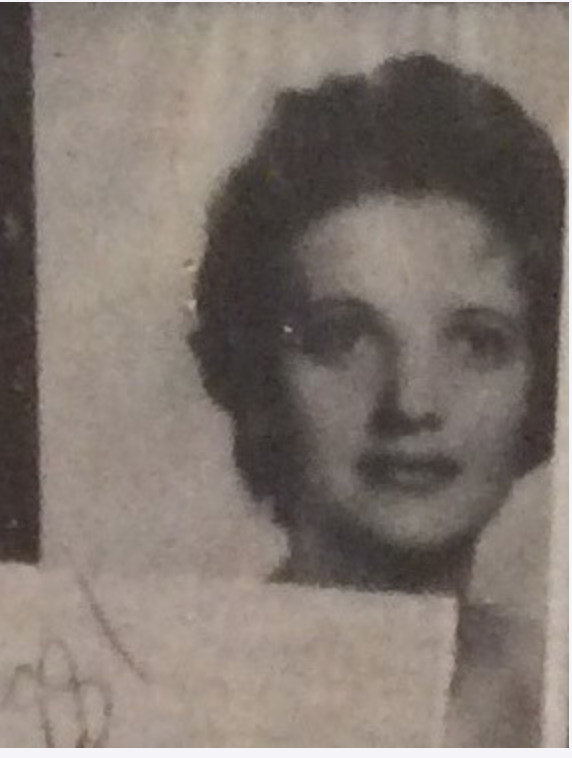
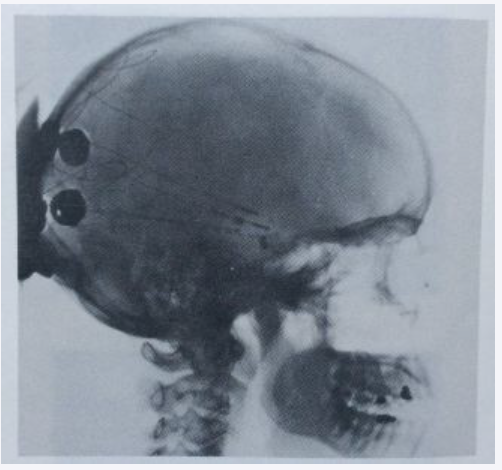
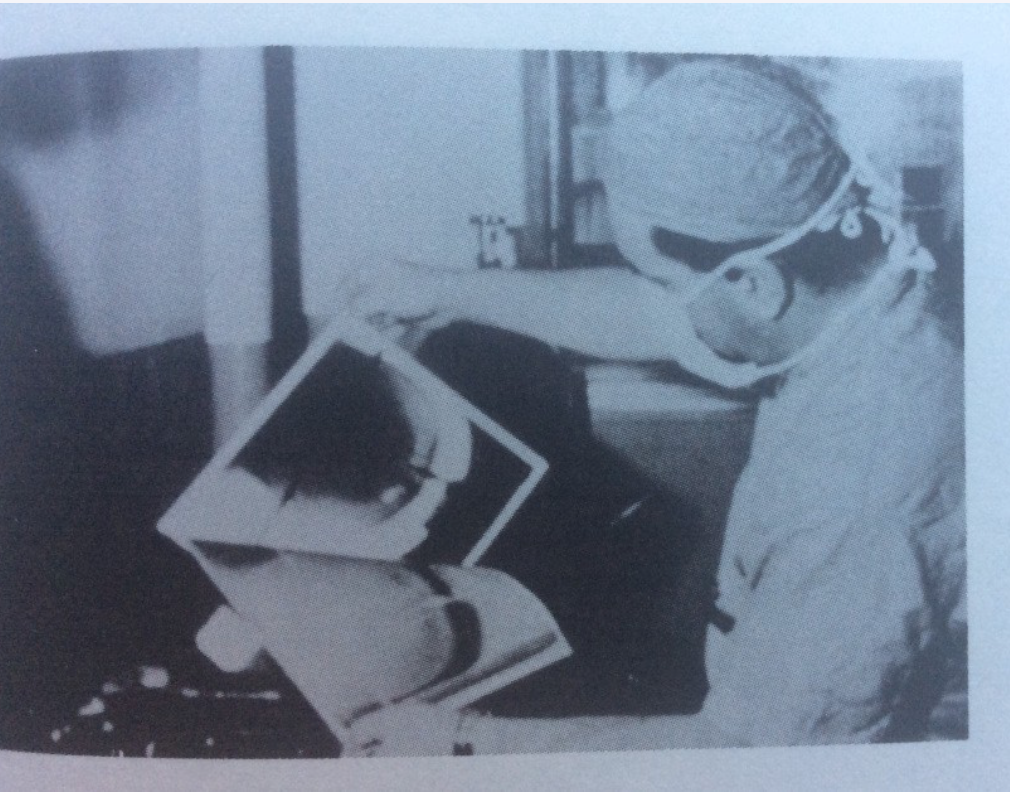
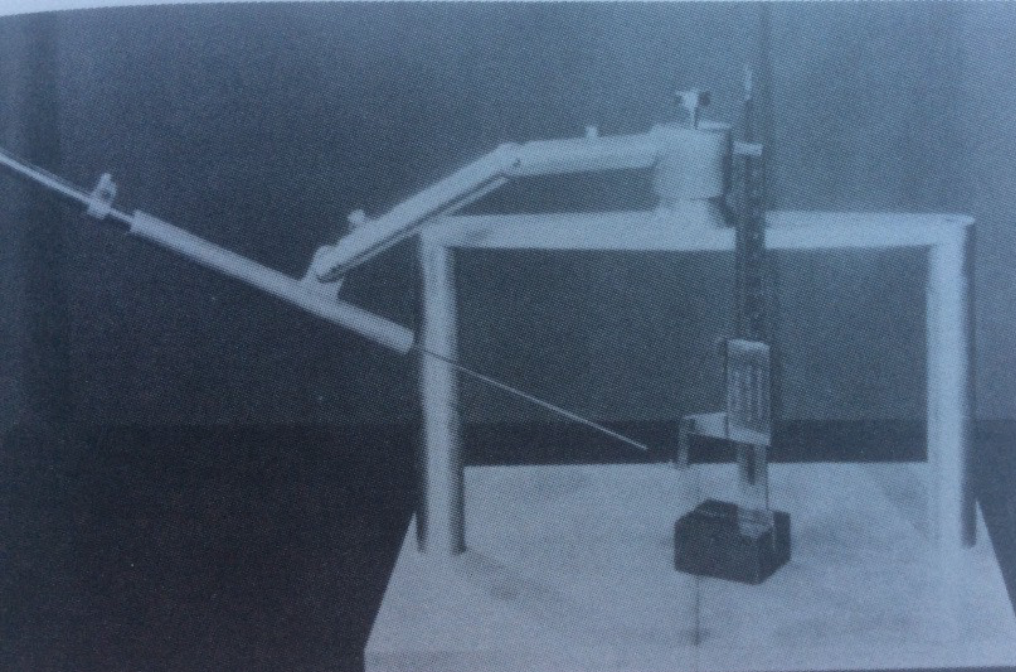
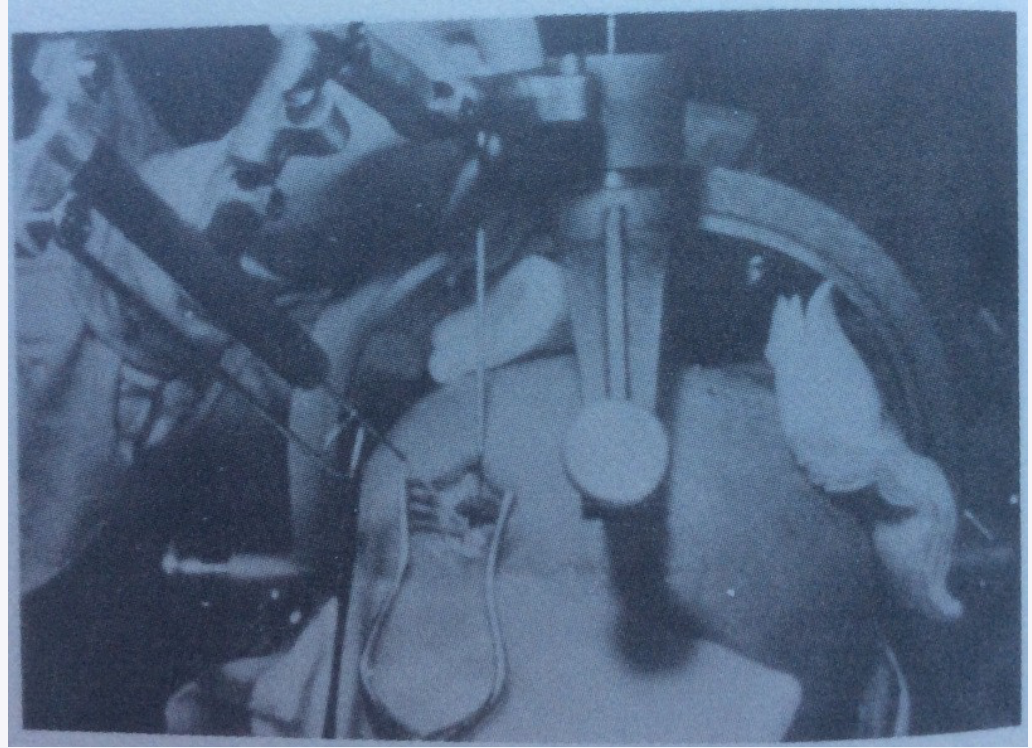
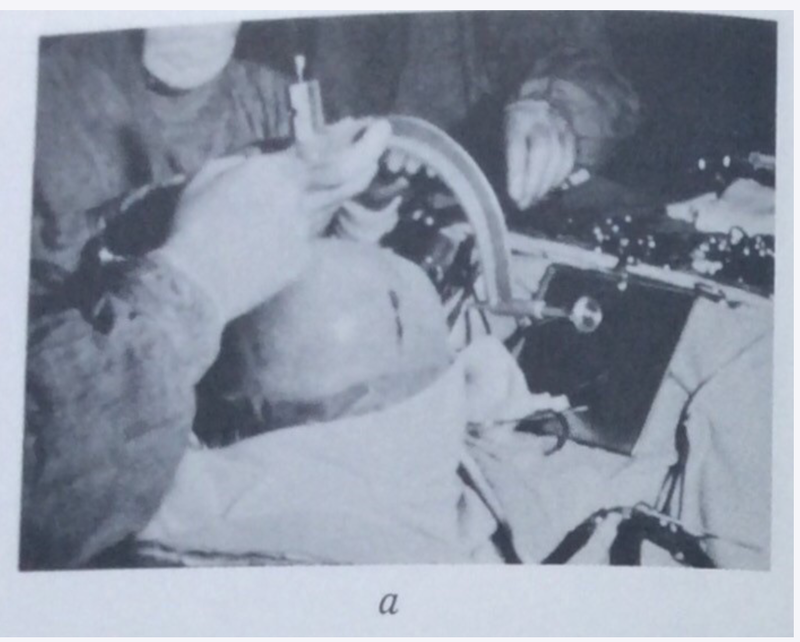
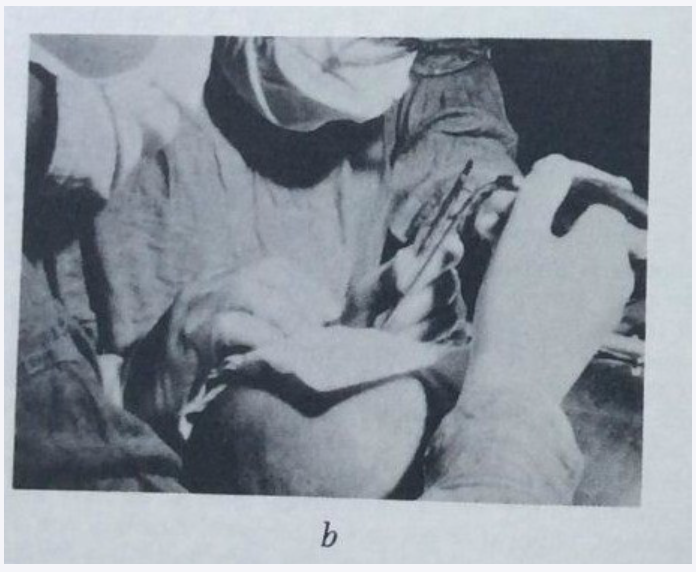
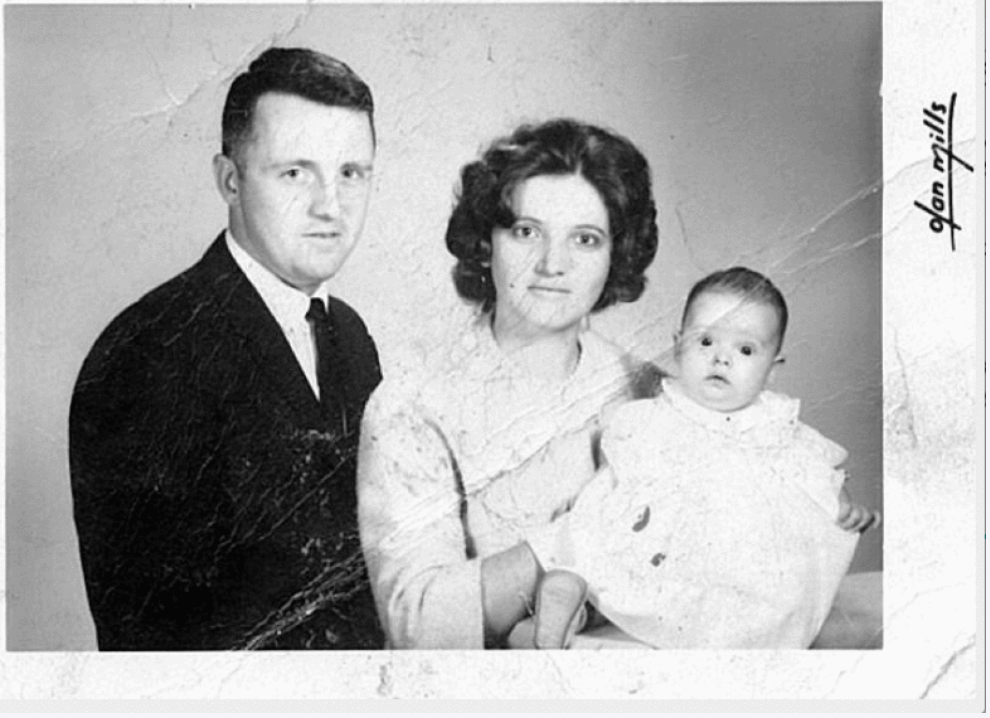
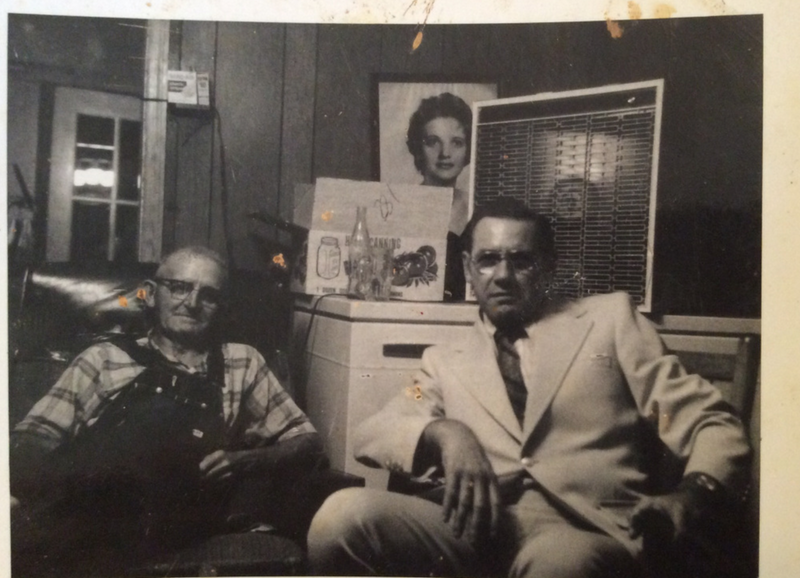
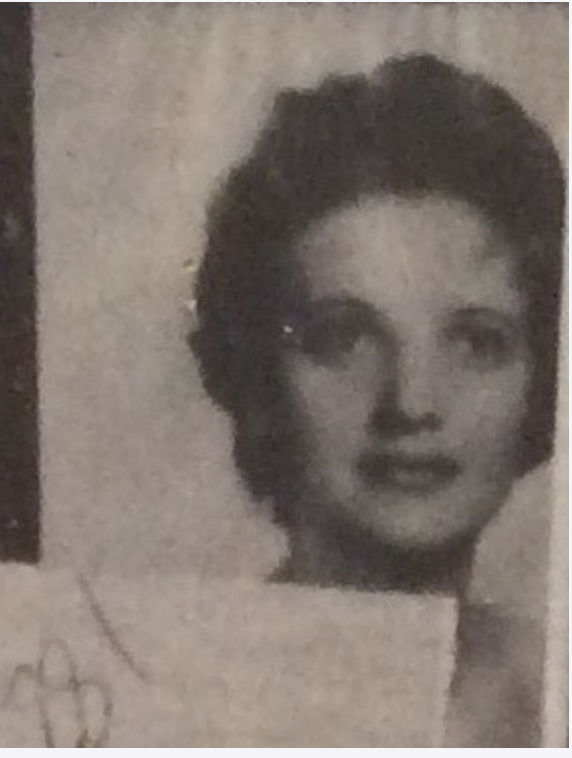
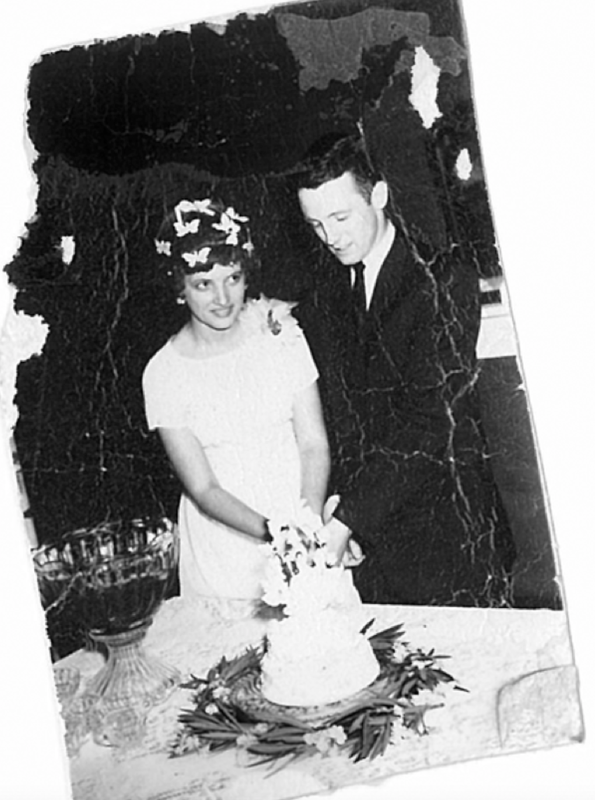
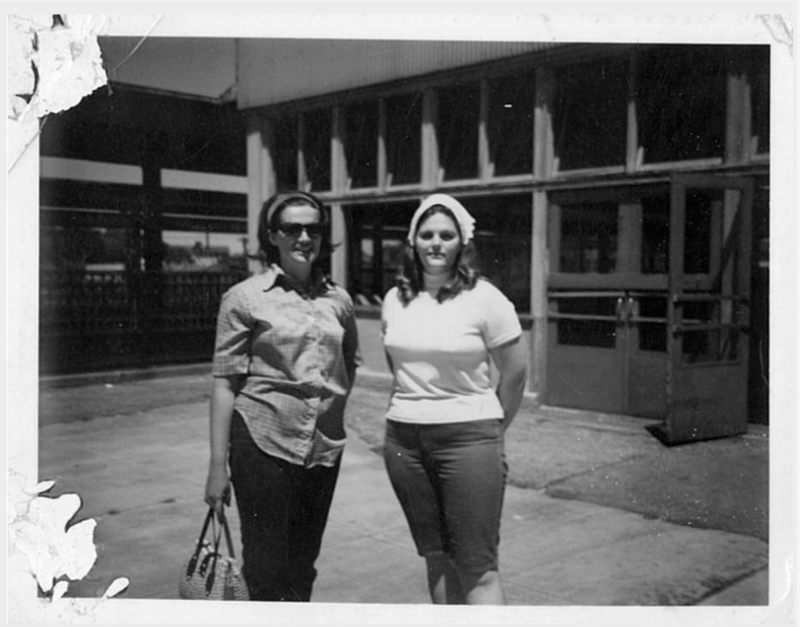
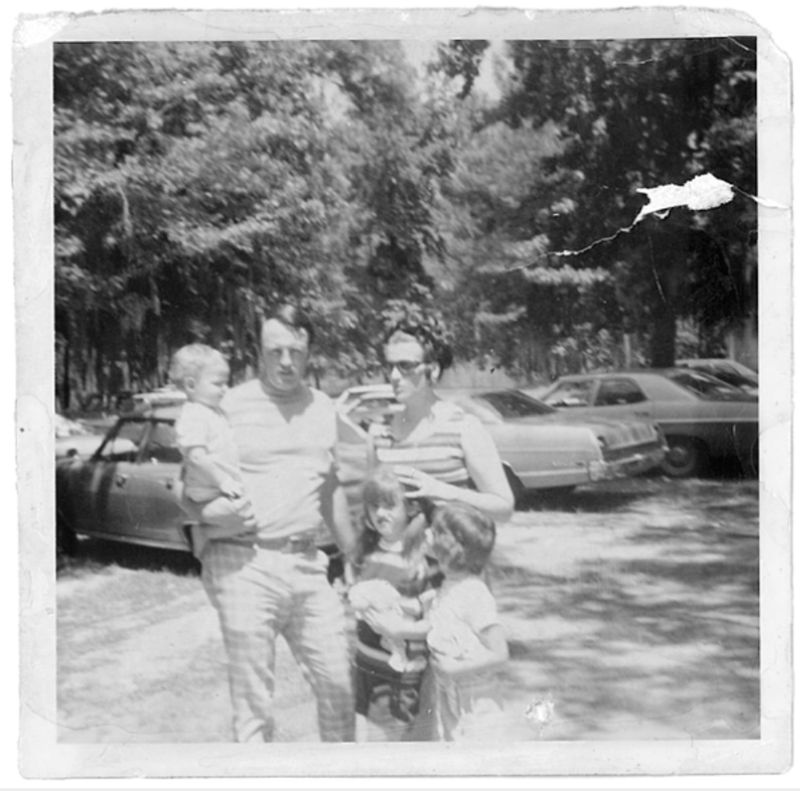
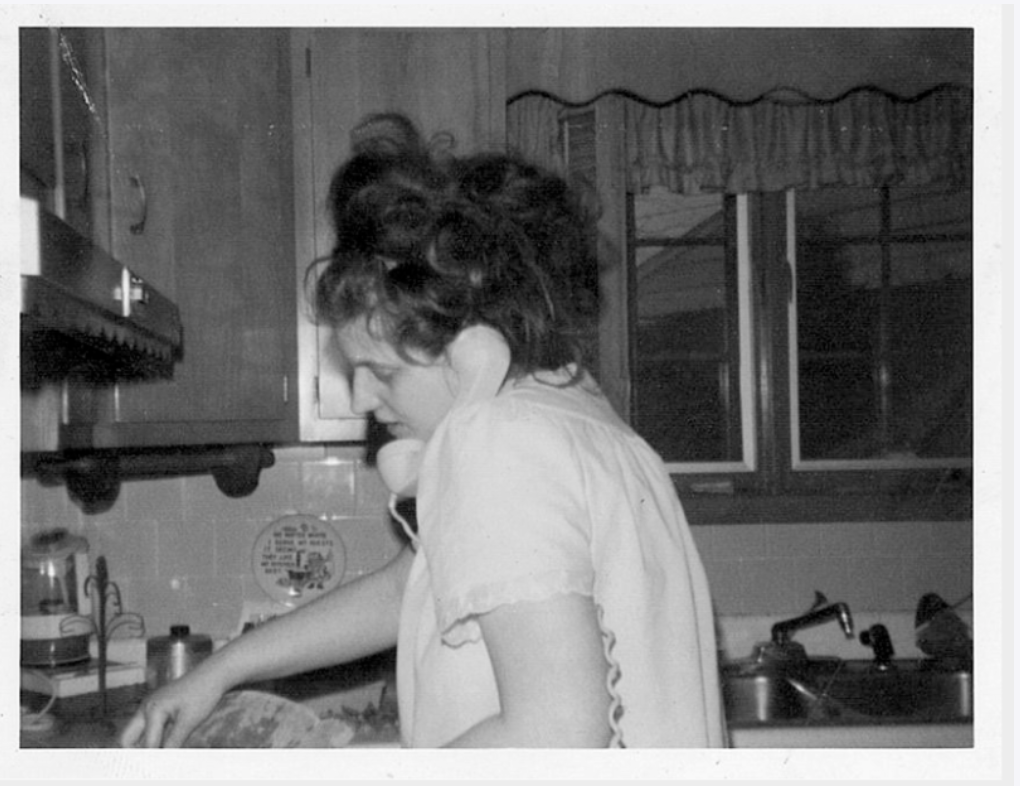
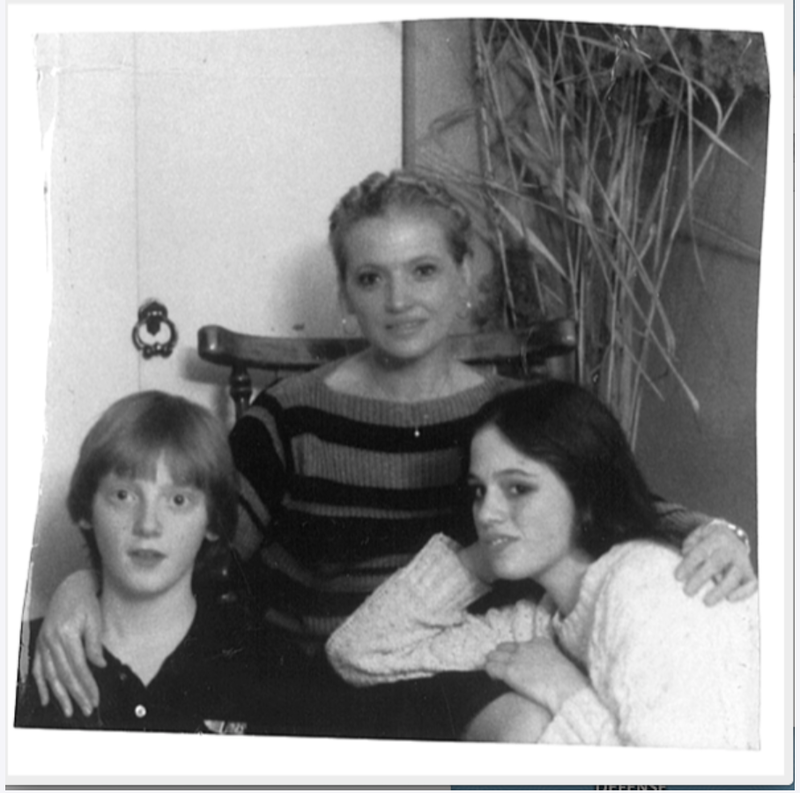
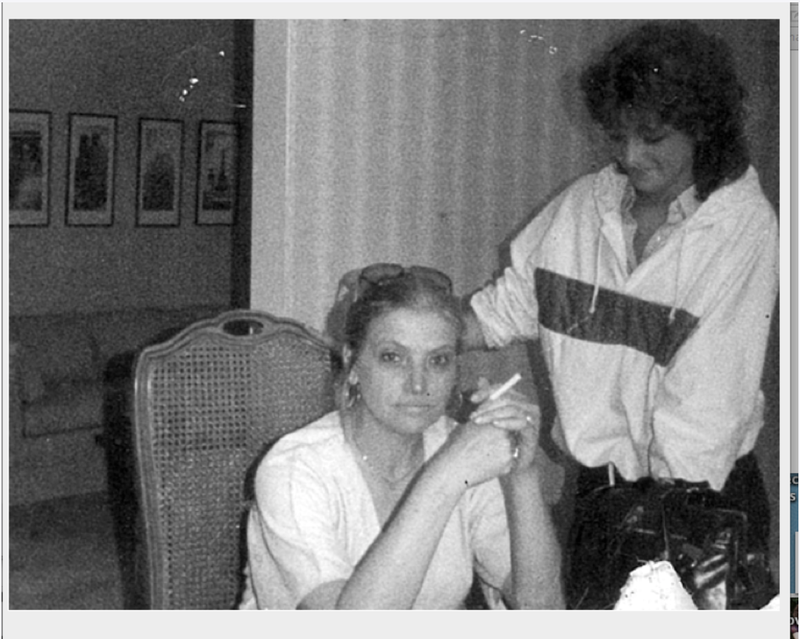
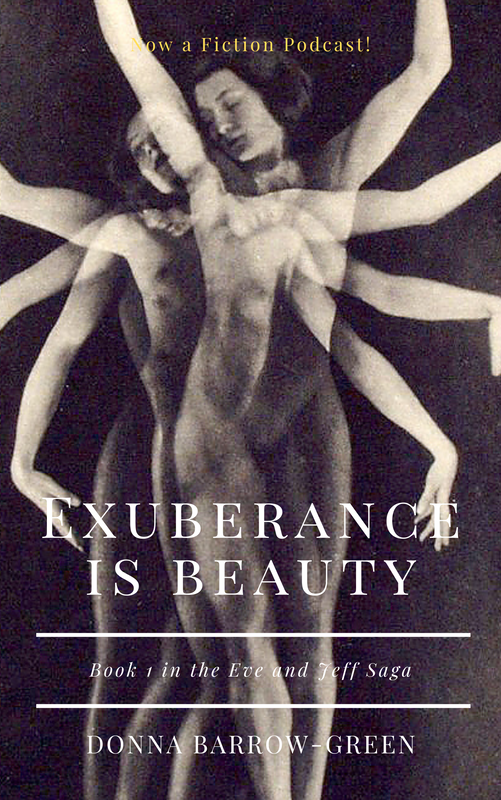
 RSS Feed
RSS Feed